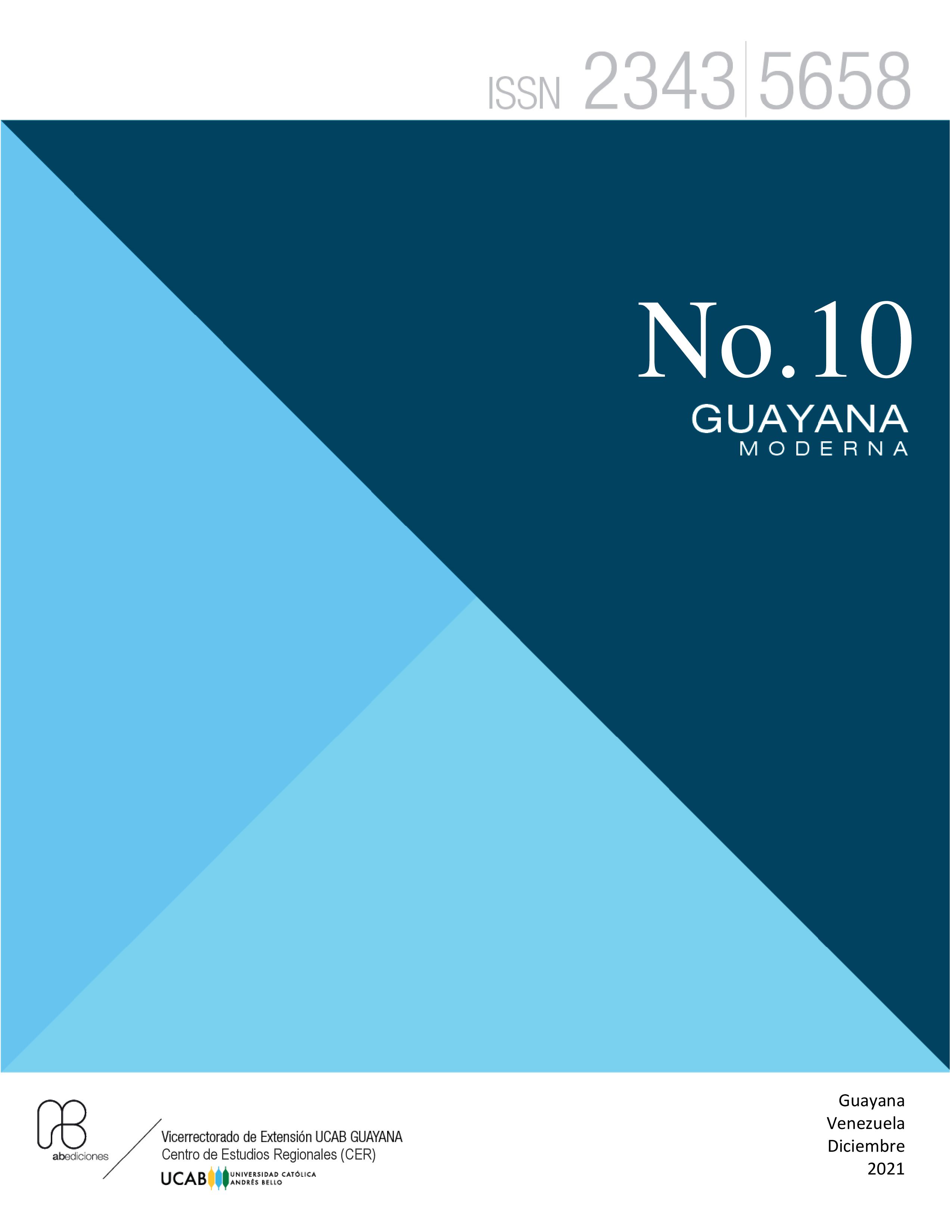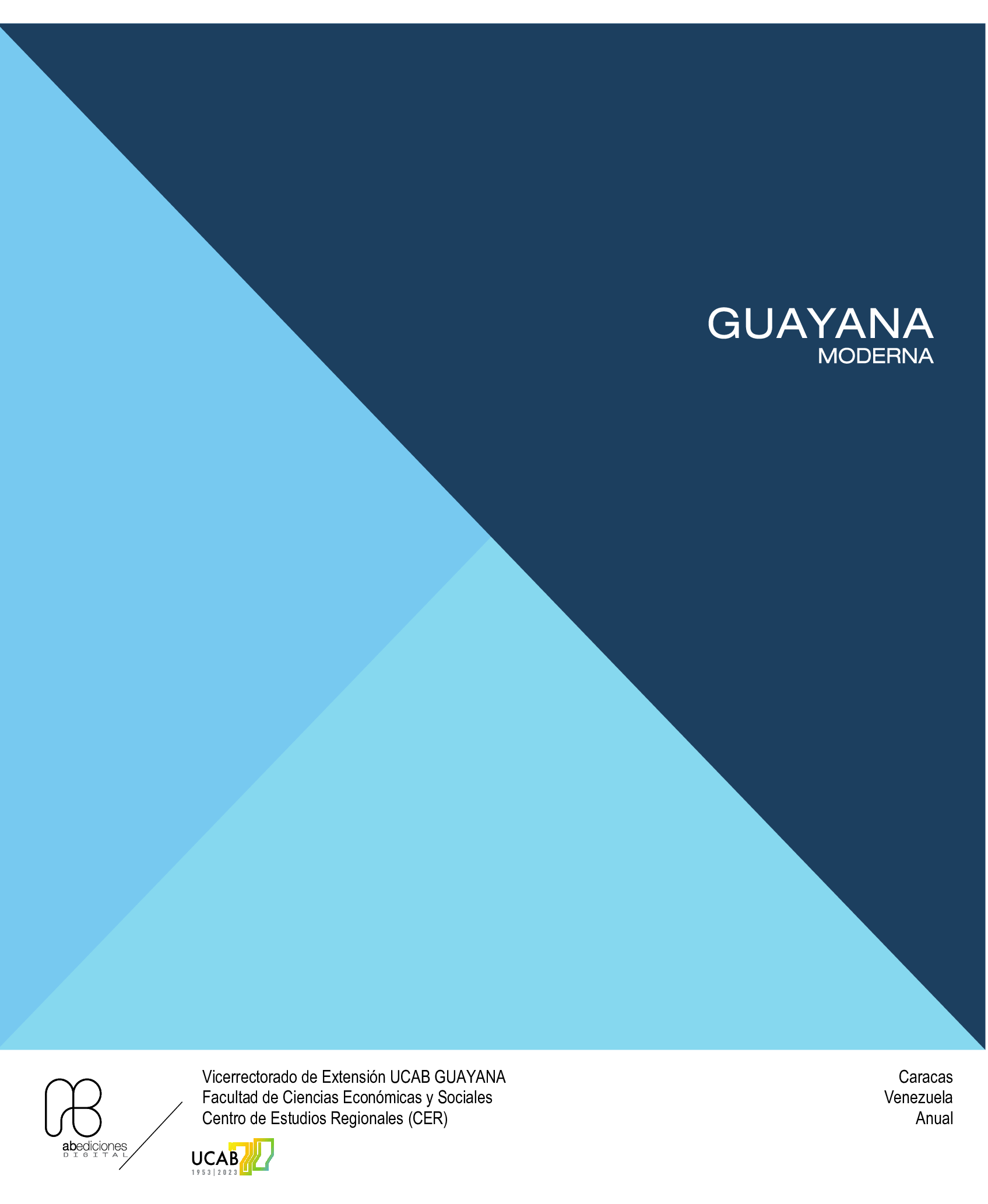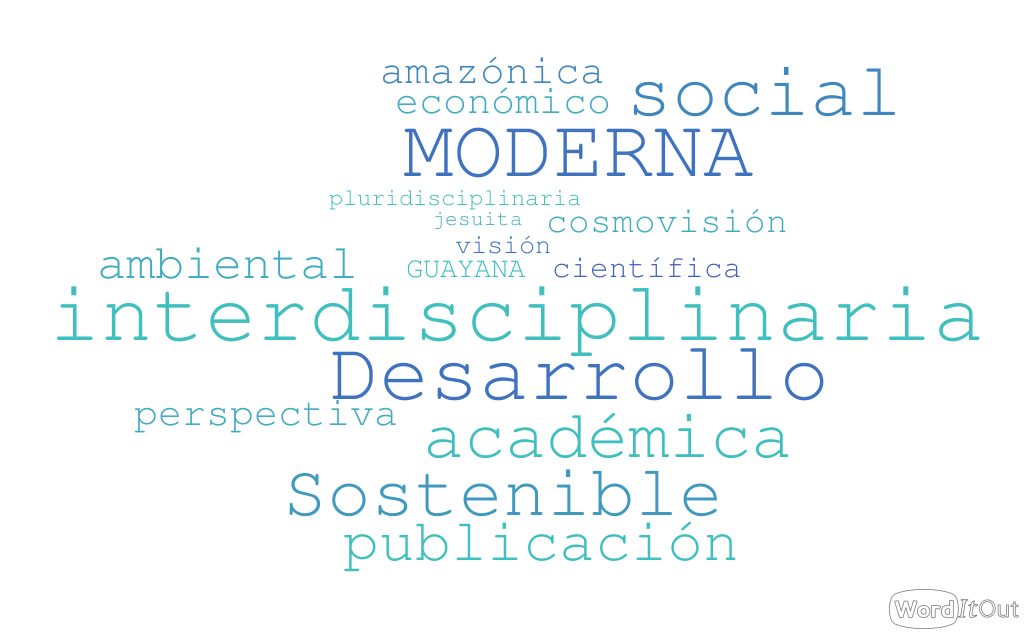Community of Las Amazonas. Characterization of the families around migration
DOI:
https://doi.org/10.1234/gm.v10i10.5500Abstract
The migration of Venezuelans to other destinations has been caused by the economic, social and political situation prevailing in the country in the last twenty years. This migration, described by the Inter-American Commission on Human Rights (IACHR, 2018) as forced migration, has resulted in the formation of what ENCOVI (2021) calls transnational family units. The purpose of the research focused on the characterization of the situation of families settled in Venezuelan territory, whose heads of family have emigrated; and, for this, the community of Las Amazonas was selected. A mixed study was developed, with qualitative and quantitative techniques. Key informants were approached: members of an educational center and community leaders, through semi-structured interviews and questionnaires. The results obtained made it possible to identify 12 cases of households with members who migrated to different countries. Regarding the description of households with members who have emigrated, it was found that: it is the heads of families and parents who have emigrated, the places of migration are Guyana, Peru, Brazil, Colombia, Argentina and Spain, the households remained in charge of a direct relative and of legal age, the children of these people remained in the home and in the charge of their relatives, they are children and adolescents whose ages range between 0 and 17 years of age. Additionally, it was established that the community, through its spokespersons, have established community and institutional links in order to provide support to the families of migrants.
Keywords: Migration, Forced migration, Families, Children of migrants, Links.








